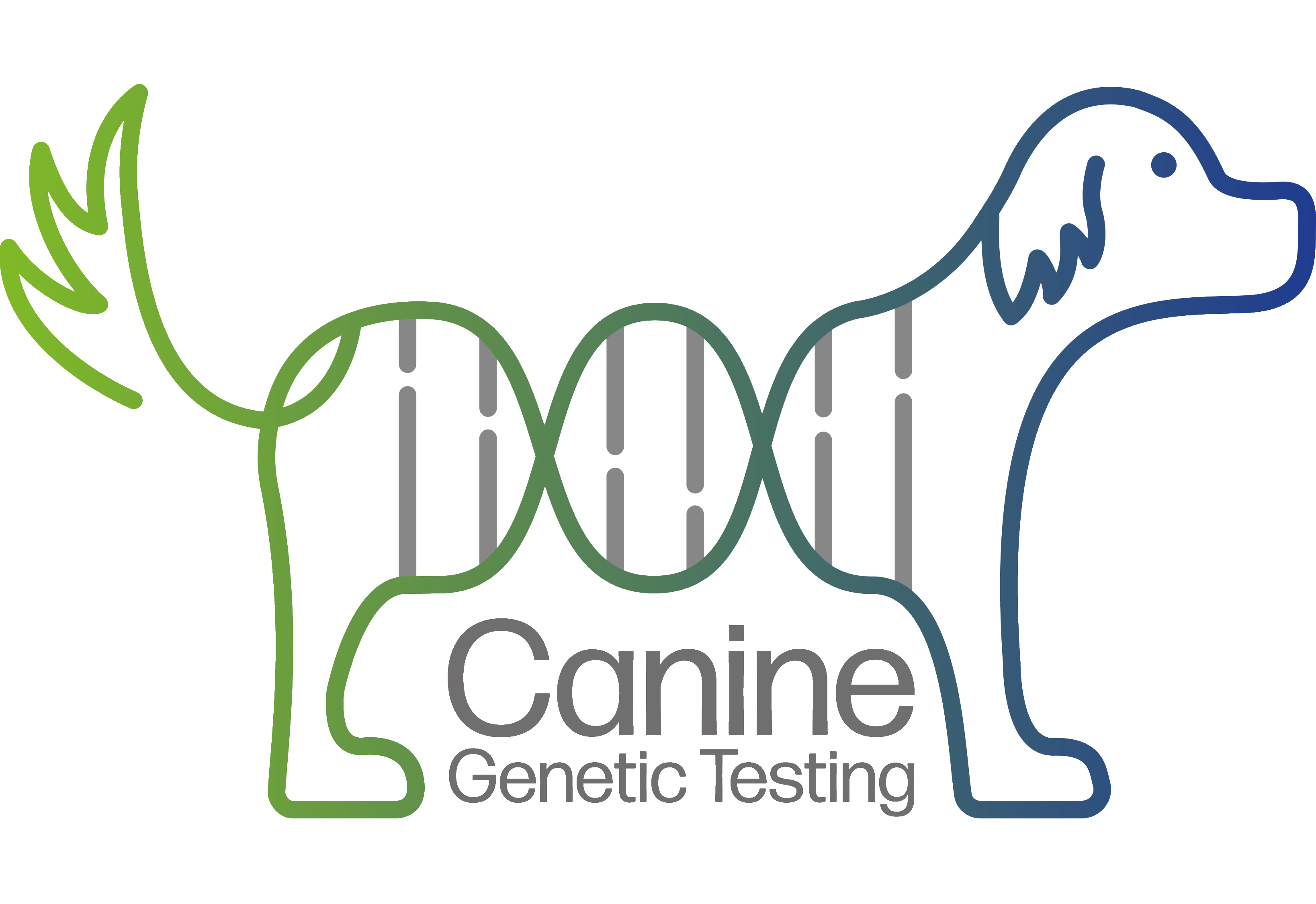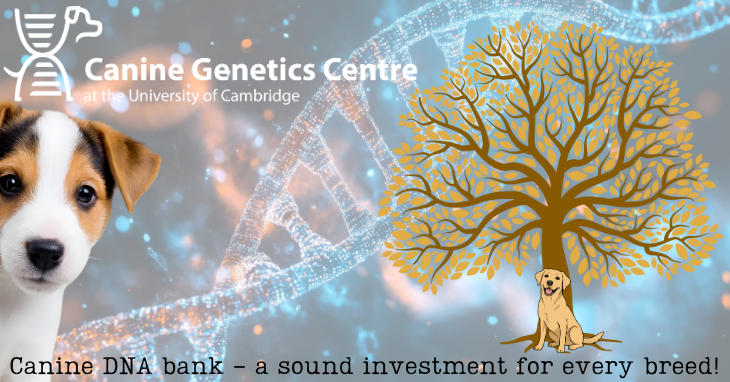
Banking DNA from popular sires as an investment in the future health of a breed
A week ago the Royal Kennel Club (RKC) published their report ‘A New Future for Dog Breeding‘ that details the ways in which the RKC[…]

Companion Animal Genetic Health 2025 – Cambridge
Scientific research is all about discovering new things and then sharing those ideas with others! The field of companion animal genetic health research is small[…]

Can you be our Friend this holiday season?
The Canine Genetics Centre set up their Friends scheme in 2024, to give our supporters a way to make regular donations throughout the year. This[…]
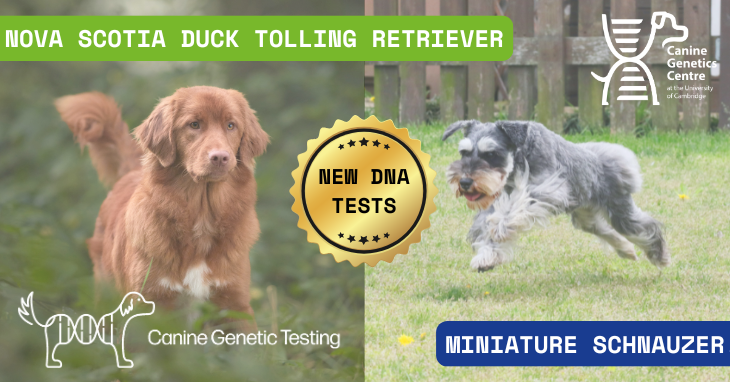
New DNA tests launched for Progressive Retinal Atrophy (PRA) in two breeds
We are very excited to announce that earlier this week we launched not one, but TWO new tests for progressive retinal atrophy (PRA) in two[…]
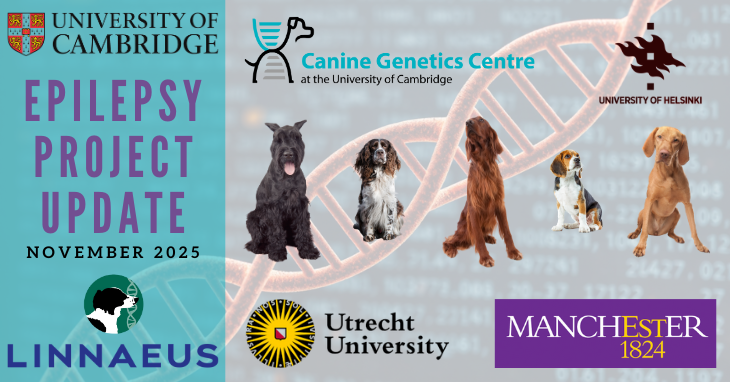
Epilepsy update – Collaboration brings power to the table!
Our currently funded CGC Idiopathic Epilepsy (IE) project has now entered its final stage as we move towards the end of this year. As always,[…]
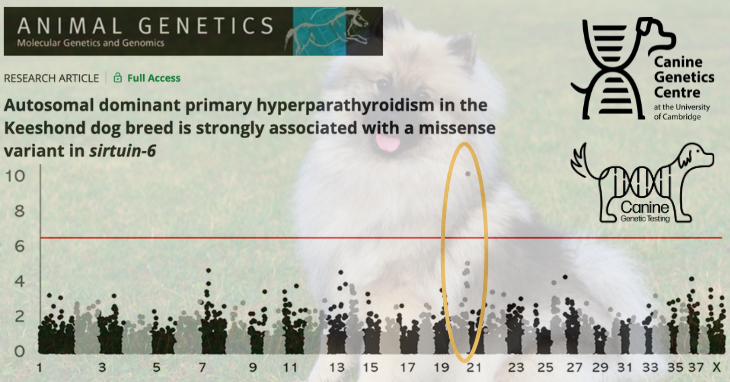
Variant strongly associated with primary hyperparathyroidism in the Keeshond breed has been published
In March of 2025 Canine Genetic Testing launched a DNA test for a variant associated with Primary Hyperparathyroidism in Keeshonds. And now our peer-reviewed paper,[…]
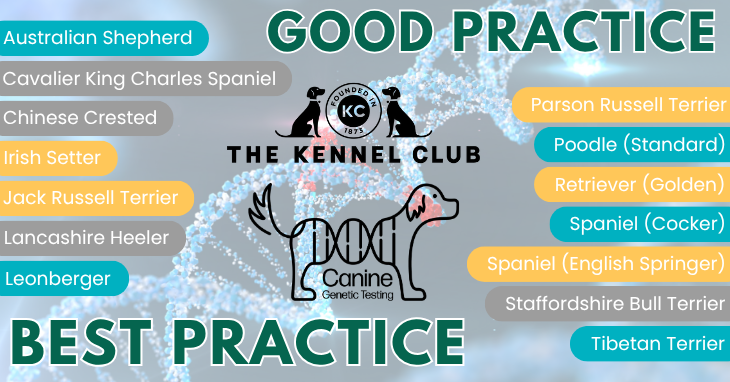
CAGT offers full KC Good/Best practice bundles to 14 different breeds
Everyone wants the puppy that they buy to live a long and healthy life. And scrupulous, health-conscious dog breeders feel the same way; the last[…]
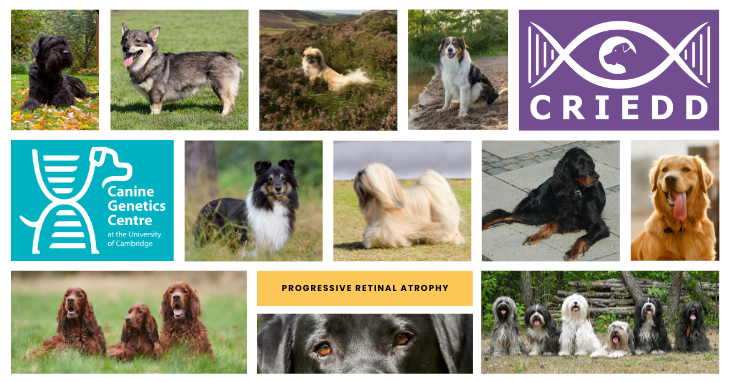
Progressive retinal atrophy (PRA)
Canine inherited eye diseases (IEDs) affect over 160 breeds of dog and are caused by variants located in over 60 different genes. Almost half of[…]

Join the big DNA Dog walk!
This November, please join our Paws 4 Paws challenge by walking 100kms with your dog/s in 30 days, and getting sponsored to do so!

Cathryn attends WSAVA congress in Rio
Dr Cathryn Mellersh, who Heads the Canine Genetics Centre (CGC), has been working in the field of canine genetics for more than 30 years. During[…]

